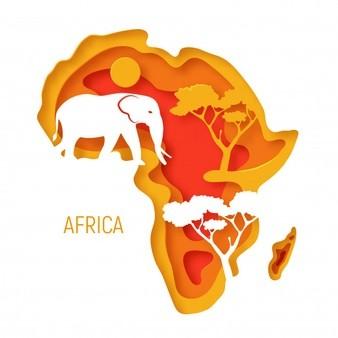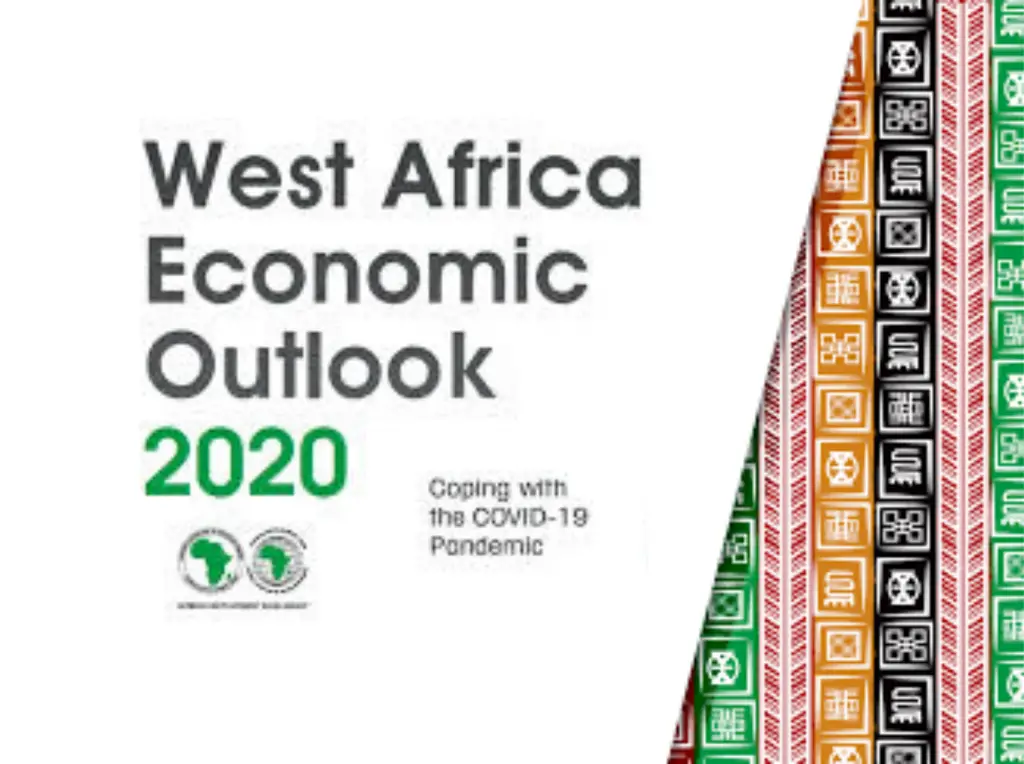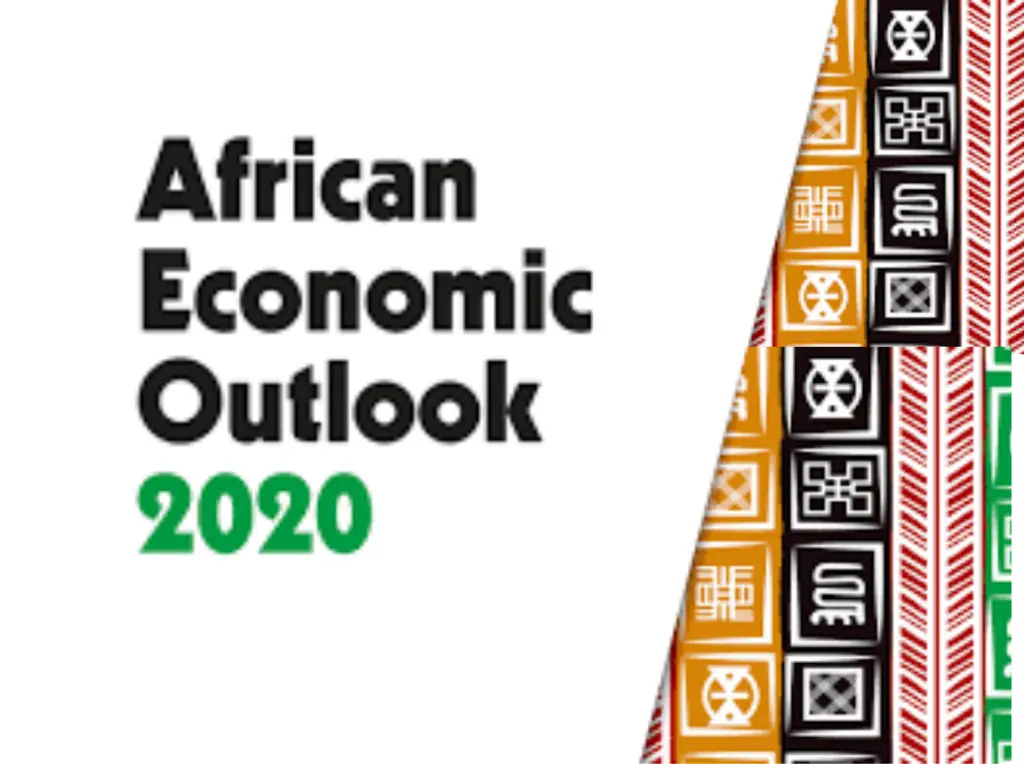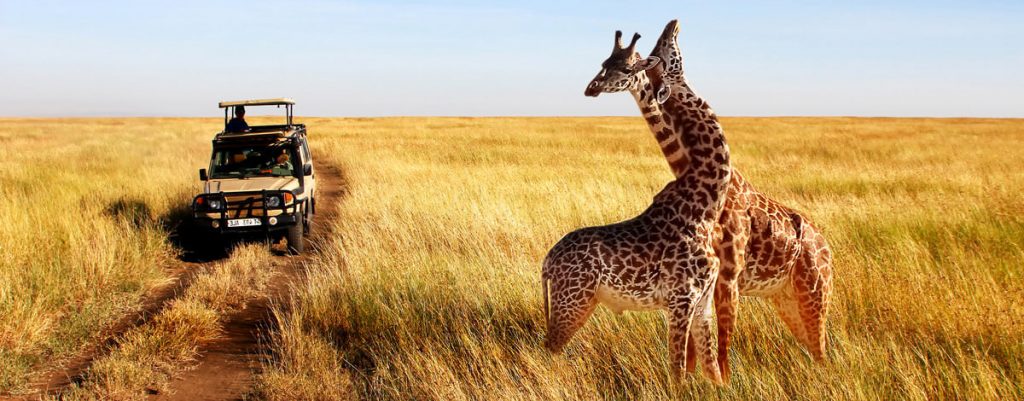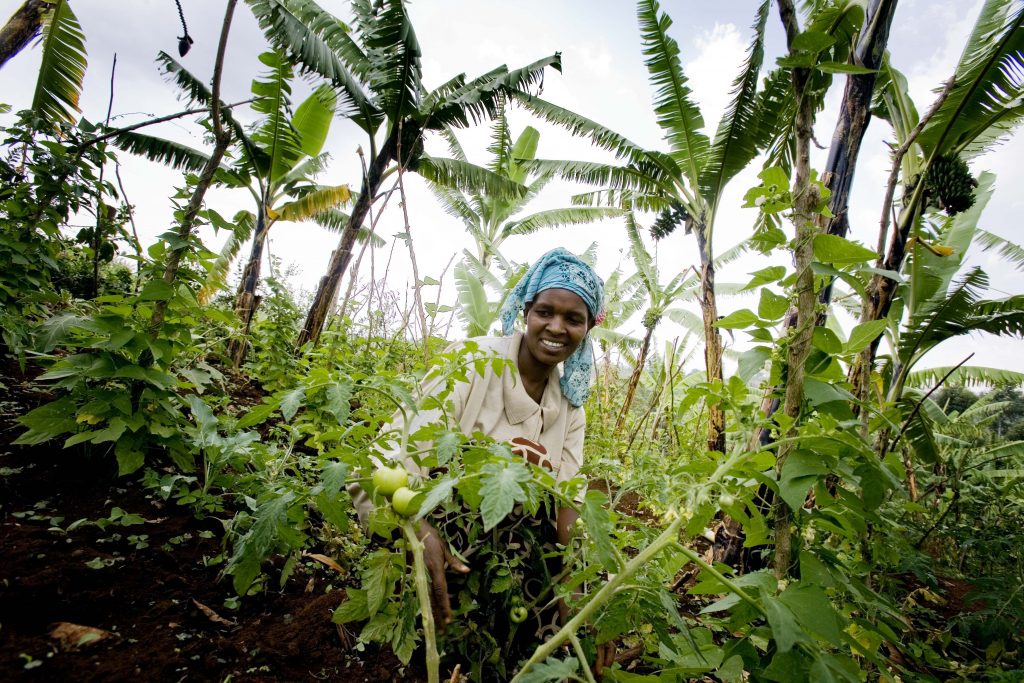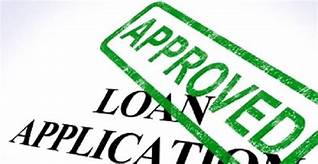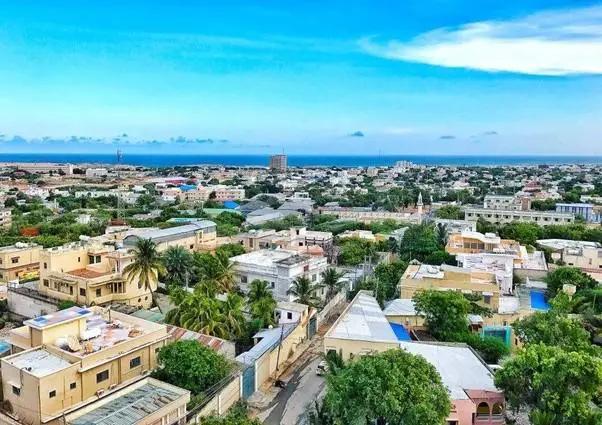- TLcom Capital Raises $154 million in Funding to Boost Its African Growth
- Africa’s $824Bn debt, resource-backed opaque loans slowing growth — AfDB
- LB Investment brings $1.2 trillion portfolio display to AIM Congress spotlight
- AmCham Summit kicks off, setting course for robust future of US-East Africa trade ties
- Why the UN is raising the red flag on the UK-Rwanda asylum treaty
- Portugal’s Galp Energia projects 10 billion barrels in Namibia’s new oil find
- Wärtsilä Energy offers tips on how Africa can navigate energy transition and grid reliability
- Powering Africa: Africa’s Path to Universal Electricity Access
Browsing: African Development Bank (AfDB)
Africa’s growth stands to rebound to 3 per cent in 2021 said the African Development Bank in its African Economic Outlook 2020 supplement.
According to updated forecasts from the African Development Bank, economic growth in Africa could rebound in 2021, provided that governments manage the COVID-19 infection rate well.
In the bank’s socio-economic assessment of the pandemic’s impact, growth is now projected to rebound to 3 per cent in 2021 from -3.4 per cent in the worst-case scenario for 2020.
In January this year, the bank released a supplement to its African Economic Outlook which forecast Africa’s growth at 3.9 per cent in 2020 and 4.1 per cent in 2021.
The growth outlook for 2021 and beyond would largely depend on African governments’ effectiveness in flattening the curve of the pandemic and policies to reopen economies the supplement cautioned.
“To reopen economies, policymakers needed to follow a phased and incremental …
Growth in West Africa which was seen to expand by 4.0 per cent in 2020 is now projected to contract by -2.0 per cent in 2020 due to COVID-19 pandemic the African Development Bank said in its regional economic outlook report.
The virtual launch of the report on 3 July was officially launched by Ghana’s Minister of Finance Ken Ofori-Atta, in presence of other ministers of finance from the region, including Zainab Shamsuna Ahmed, Nigeria’s Federal Minister of Finance, Budget and National Planning.
West Africa’s growing youth population offers a strategic workforce which can be used for employment and economic growth, despite the pandemic devastating the continent and global economies, the Bank said in its regional economic outlook report.
Also Read: East Africa holds its ground as Africa’s fastest-growing region
In 2020, growth in the West Africa region which was poised to expand by 4.0 per cent following growth of …
East Africa’s growth projection for 2020 has been pushed down to 1.2 per cent, a rate that outstrips other African regions and is forecast to rebound to 3.7 per cent in 2021, according to the African Development Bank East Africa Regional Economic Outlook 2020.
The projection is under the baseline scenario that assumes the virus is contained by the third quarter of 2020.
Before the COVID-19 pandemic, East Africa’s economic growth was projected to be more than 5 per cent, which is above Africa’s average of 3.3 per cent and the global average of 2.9 per cent. However, COVID-19 and locust invasion have contributed to job losses, increased humanitarian needs and will lead to poverty and income inequality.
If the pandemic persists until the end of 2020, growth is projected at 0.2 per cent which is still above Africa’s predicted average of -1.7 per cent and -3.4 per cent under …
Tanzania became the first East African nation to reopen its schools, businesses and ports of entry, charting a new path in the management of the Corona Virus.
As of May 18, Tanzania reopened its airspace for international arrivals and the World is responding.
Only three days after it announced its reopening its airspace, local media reported that a chartered airplane landed at the Kilimanjaro International Airport on May 21. The plane had on board four Greek nationals.
Previously, the tourists would have had to go into a 14-day mandatory quarantine but not anymore. Now anyone entering the country only needs to go through a simple temperature check upon arrival. Other measures include having all arriving flights present an Advance Passenger Information System (APIS) so as to allow the Tanzania’s Immigration Department and Airport Authorities to identify high-risk passengers.
All non-APIS compliant flights will now be required to notify their passengers …
There has not been a more demanding time for Africa to adopt modern agriculture methods than now. In the wake of the Covid-19 pandemic, food security in Africa is threatened at all levels and farming activities have nearly been brought to a standstill.
African farmers lost market as borders closed and flights were grounded to curb the spread of Covid-19. As a result the, pandemic severely affected the agriculture value chains from supply of inputs to transporting the end product.
Africa now finds itself more in need of modern farming methods to increase production in a cost effective manner. However, while attempting to increase production, African farmers must also mitigate the effects of climate change by adopting climate smart agriculture.
There is need to use improved seed varieties even in the backdrop of the side effects of using hybrid seeds. Improved seed varieties are more resistant to disease and poor …
After slow production during the Covid-19 lock down, Zimbabwe’s gold sector has had a drastic come back reporting gold revenue is up almost 50 percent at least one of its major mines.
The total revenue recorded for the second quarter of 2020 clocked and impressive to USD23. 6 million, that is almost double (48 percent) the revenue brought in during the same period last year.
Having topped last year’s production by USD15. 9 million, Blanket Gold Mine that is based in the Gwanda region, increased production all through the first quarter this despite glitches caused by the Covid-19 pandemic.
The mine is owned by the Caledonia Mining Corporation and was proud to announce it had produced 14,233 ounces of gold in the second quarter up from the 11,948 produced during the same period last year.
The production level is very impressive given the fact that other miners could not access …
Ethiopia’s Jobs Creation Commission has partnered with the MasterCard Foundation to conduct a US$11.8 million job creation initiative dubbed Enabling Ethiopia.
The five-year project is meant to serve as one of the country’s implementing tools for Ethiopia’s Plan of Action for Job Creation (PAJC – 2020-2025). The project aims at fostering innovation, policy reform, inclusiveness and advocacy.
The ambitious project looks to create some 14 million jobs by 2025 by creating an entrepreneurial ecosystem, cultivating the necessary human capital, adopting pro-job macro policies, and supporting inclusive innovations; these are just some of the major focus areas of this long-term plan.
The goal is to have a private sector-led economy that is coordinated and supported by the government. The project aims to support the adoption of job-rich macro policies and the implementation of innovative job creation programs.
To achieve this, the initiative acknowledges the need to build capacity of implementing …
Kenya is heavily in debt; granted it is not the only East African country to find itself neck deep in debt but it certainly is the only one trying to raise the debt ceiling, every subsequent administration.
Last year, President Kenyatta appointed a new economist to lead the country’s National Treasury and just like his predecessor, his first order of business was to seek constitutional amendment so that the country could borrow more.
As of October 2019, Kenya’s legislators had been swayed to raise the country’s debt ceiling to USD 84.5 billion (Sh9 trillion). All is good when the money is flowing in, but when the roosters come home to roost and the cash flow takes an outward projector, the weight of it all starts to sink in.
That is where Kenya has found itself—smack in the middle of paying a whopping USD8.5 billion (Sh904.7 billion) in debt servicing. Even …
The U.S. has announced that at least two of Zimbabwe’s national banks are now allowed to operate without sanctions.
The Office of Foreign Assets Control which operates under the US Treasury Department said Zimbabwe’s Infrastructure Development Bank of Zimbabwe and the Agricultural Development Bank of Zimbabwe are now removed from its black list.
It is now almost 20 years of sanctions for Zimbabwe so this development comes as a breath of fresh air for the otherwise economically suffocating country. The U.S., backed by the European Union imposed the sanctions back in 2002.
Ever since then, several state organs like the said banks and a host of several government officials were black listed for sanctions and restriction of movement following allegations of widespread human rights abuse.
Zimbabwe’s economy has ever since been on murky ground, inflation rate has been overboard hitting the highs of 600 percent. Only in May this year …
Early this year, the United Kingdom Government and the European Union helped Somalia in settling arrears with the African Development Bank which paved way for the lifting of a 30-year-old sanction imposed by the bank.
To mark the reunion, the Bank Vice President for Regional Development, Integration and Business Delivery, Khaled Sherif and Somali Finance Minister Abdirahman Beileh signed a $122.55 million grant.
With assistance from the Bank and other development partners, the shift to a new Somalia can speed its national development agenda of consolidating peace, fighting poverty and ensuring growth.
“We stuck with our reforms, we were persistent, and it has paid off,” Minister Beileh said.
IMF Staff Monitored Programs (SMPs) driven reforms restored the confidence of the bank and led the United Kingdom and the European Union to provide funding for clearing Somalia’s loan arrears to the Bank.
“I am absolutely delighted that the African Development Bank …





